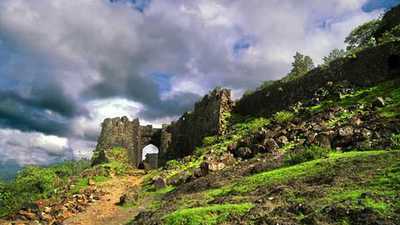Many shops stay closed on Good Friday and Easter Sunday
Not everything is open over the long Easter weekend, and you could be hit with surprise surcharges if you're not paying attention.
In New Zealand, there are three and a half days each year when most shops must stay closed. These are called restricted trading days and include Good Friday, Easter Sunday, Christmas Day, and Anzac Day until 1 pm. That means Good Friday and Easter Sunday are the big days to watch this weekend, when most supermarkets, malls, and regular retail stores will remain shut.
However, some places are allowed to open like dairies, petrol stations, pharmacies, and cafes that serve food can trade, even on restricted days. Hairdressers are also allowed to open, though they’re not allowed to sell products. Some tourist areas like Queenstown and parts of Auckland, such as Parnell Rd, have exemptions that let shops open on Easter Sunday from specific hours.
But in places like Wellington, Christchurch, and most of Auckland, shops must remain closed unless they meet the exemption rules. If a business breaks these rules, the owner can be fined up to $1000.
Liquor stores must stay closed on both Good Friday and Easter Sunday. Bars and restaurants can only serve alcohol with a meal, and they must stop serving before midnight the night before each restricted day.
On public holidays like Good Friday and Easter Monday, many cafes and restaurants add a surcharge to cover the extra cost of paying staff time and a half.
Businesses must display this charge and can’t apply it on non-public holidays like Easter Sunday or Saturday. If they do, that’s misleading and not allowed.
If you want to avoid closed doors and surprise charges, plan your weekend.
In New Zealand, there are three and a half days each year when most shops must stay closed. These are called restricted trading days and include Good Friday, Easter Sunday, Christmas Day, and Anzac Day until 1 pm. That means Good Friday and Easter Sunday are the big days to watch this weekend, when most supermarkets, malls, and regular retail stores will remain shut.
However, some places are allowed to open like dairies, petrol stations, pharmacies, and cafes that serve food can trade, even on restricted days. Hairdressers are also allowed to open, though they’re not allowed to sell products. Some tourist areas like Queenstown and parts of Auckland, such as Parnell Rd, have exemptions that let shops open on Easter Sunday from specific hours.
But in places like Wellington, Christchurch, and most of Auckland, shops must remain closed unless they meet the exemption rules. If a business breaks these rules, the owner can be fined up to $1000.
Liquor stores must stay closed on both Good Friday and Easter Sunday. Bars and restaurants can only serve alcohol with a meal, and they must stop serving before midnight the night before each restricted day.
On public holidays like Good Friday and Easter Monday, many cafes and restaurants add a surcharge to cover the extra cost of paying staff time and a half.
Businesses must display this charge and can’t apply it on non-public holidays like Easter Sunday or Saturday. If they do, that’s misleading and not allowed.
If you want to avoid closed doors and surprise charges, plan your weekend.








